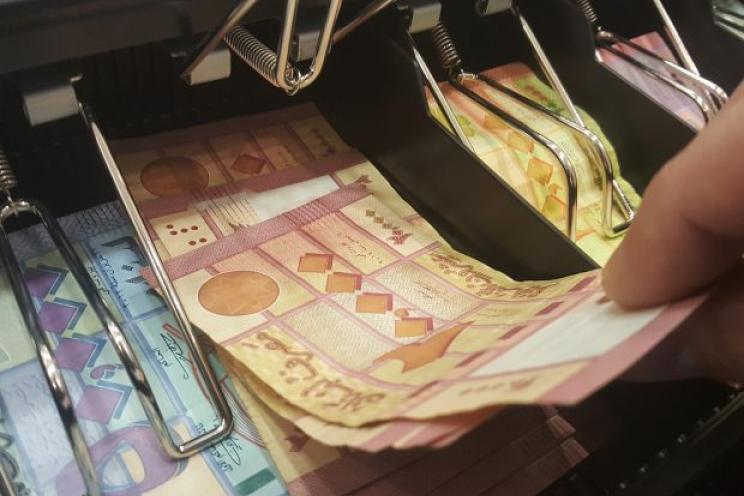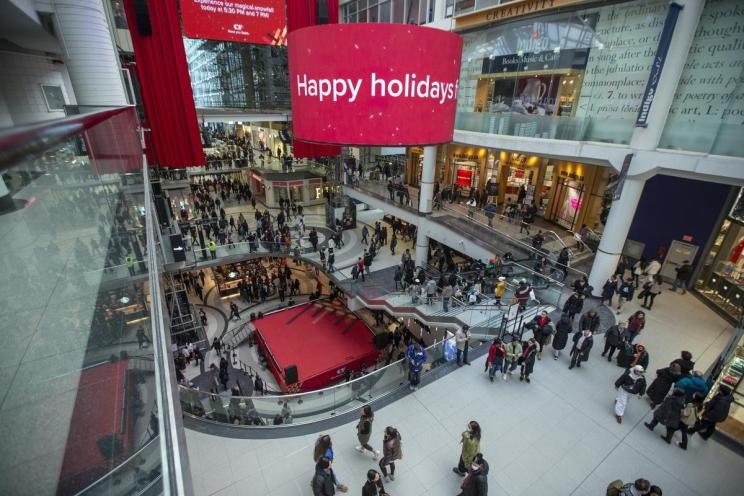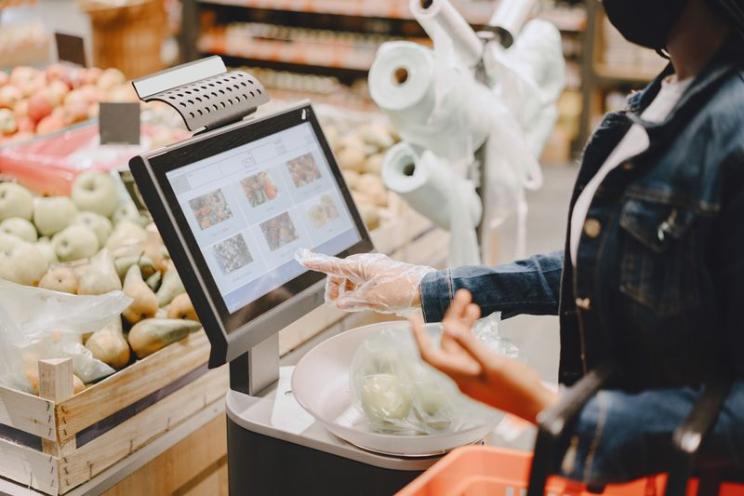I am the awesome super admin and webmaster. I am also an entrepreneur and POS Expert with 20+ years in Software development and Innovation with ground expertise in Hospitality management, Franchise Management, and Business Development.

WHY RESTAURANT MANAGEMENT IS THE BEST CAREER TRAINING FOR ANY FIELD
I still remember the way I viewed the restaurant industry years before I ended up joining it: pleasurable, original, and to be honest, quite simple-minded. How hard could it be, I thought. All you need is relatively good taste in food and funky marketing to go with it. You didn’t need to be a genius, and you certainly didn’t need to scratch your brain too hard.
Almost two years ago, I joined the restaurant industry, and boy was I wrong about it all. Now I can confirm that restaurant management is one of the most meticulous and demanding leadership occupations out there.
It’s an express train to leading a company of any nature – not because of its tough technicalities or complex understanding, but because it necessitates that you master so many skills by just doing your job – not through complementary trainings and career development programs. Failure to hold a good handful of these skills is detrimental to the success of the entity, and here they are:
1. Resilience: a nomad’s only home
First and of utmost importance is the ability to withstand difficult, sudden changes and to make incredible turnarounds at times when you think there’s no solution. The food and beverage (F&B) industry is full of change.
It’s led by change! New cultural flavors, updated health laws, high employee turnover, and increasing competition are all factors that have a direct impact on the entity’s day-to-day operations. There is no time during the year to sit back, relax, and let the company roll. As soon as you think you can get comfortable, your new neighbor on the block is ready to kick you out of town, the restructured health & safety laws you missed will cause you scandals, and your next big marketing opportunity will catch you off guard…
So there goes that 5% month-to-month sales increase you were rooting for, and another employee is moving on to the next stage in their career, leaving you with an operational gap that can cause major difficulties if not filled immediately and easily. As a restaurant general manager, you quickly learn the need to be fully alert of all things.
2. Accuracy with Creativity: a wizard’s puzzle
Hello customization! If there’s anything distinct about the F&B industry, it’s the overwhelming, and extremely understated, level of detail that it entails. On the customer end, there are exponential combinations of customer requests that arise on a daily basis, and on the operational end, there are numerous special cases where standard rules are adjusted, such as with recipes: sometimes you use this type of bread to make croutons and at other times you use another.
How, then, do you set up your system so that it depletes your stock 100% correctly every time – given your system allows for only one recipe per product? Join these two facets with an often limited and standard point-of-sale (POS) system, and you’ll be jam-packing your day, thinking of out-of-the-box solutions that satisfy the need while keeping all reporting 100% accurate.
3. Zoomed in Lens
The F&B industry trains you to notice the slightest differences that the normal eye (or other senses) wouldn’t think twice about. At our restaurants, we hold tasting sessions on a regular basis: new menu items, new suppliers, limited time offers (LTO), and more. Although I specifically recall a lot of them, there is one that holds a distinct memory in my mind. We sat there comparing two different brands for the same type of cheese and how each of them tasted in our cheese ‘mankoushé’ (a traditional Lebanese breakfast wrap).
We sat there for a good hour and ended up making the mankoushé three times for each type of cheese. Several members of our management staff joined in on the meeting as well. The cheeses were so similar yet incredibly different, and we had to get it right. We tested for the best texture, moisture, taste, degree of saltiness to sweetness, and after taste.
4. Grounded and Purposeful
The restaurant business teaches you that the best managers aren’t tucked away at their desks in their offices. You need to be on the ground in order to find gaps and solutions for them. There is always improvement somewhere that needs to be done, and you can’t blindly rely on your staff to inform you of everything. You have that special kind of eye for things now, remember?
I often suggest bringing your desk to the restaurant. Checking emails? Bring over your laptop, sit at a table and work through them while you’re able to oversee the restaurant and its operations. In many cases, the staff on the ground will approach you for quick questions or advice needed, and you’ll be glad to have been there. In others, you’ll notice something and get up to take charge when needed.
This ritual also shows your subordinates that you’re one with them. Goodbye to fancy general managers that are taken by the luxury of high-level leadership, and if you’re a female like me, say goodbye to heels for most days!
5. Financial Intricacy
The restaurant business welcomes a wave of theft opportunities as the nature of its operations makes it prone to financial discrepancies: stock variations, waste reports, customer discounts, kids playroom charges, dozens of coupon programs etc. Ensuring a good POS system can help in securing a lot of the loop holes, but daily auditing is still inevitable. Monthly financial statements will not reveal much in this regard.
Under the umbrella of financial intricacy also comes negotiation skills coupled with very good supplier relationships. F&B raw material and inventory items fluctuate heavily in price, and sometimes the increment is so negligible that you’re tempted to let it slide.
A kilogram of a certain item can jump from $4.25 to $4.3, $4.5, $5, and eventually $5.10. That initial price increase may seem painless but gather this increase with all the other price upsurges over a period of two quarters, and you’ll be shocked at how much this affected your food cost – a major field of the monthly profit and loss statement.
6. Dedicated Organization
I like to refer to front-of-house restaurant management as parents, with customers being their newborn kids. Just like children snatch your time away from you as parents, front-of-house managers are enchained to their customers: their day revolves around them.
You wanted to perform a spot check today, you were hoping to meet with your two recent recruits to see how things are taking off, and you had planned to make a round for everything that needs maintenance. As soon as your guests start arriving, however, your to-do list often gets thrown to the back of the pile.
In order to achieve both operational and customer-focused objectives (which is non-negotiable for success), a manager needs to wisely plan their weekly to-do list, come in to work before anyone else arrives, take advantage of quiet time, and become goal oriented.
There is a host of other skills that restaurant managers get involved in and master as well. The above six, however, make up the crucial and quite unique proficiencies that the restaurant industry teaches you. Others include, and are not limited to, customer service, public relations, emotional intelligence, ability to work under pressure, and speed.
Cheers to all the service workers out there!
If you liked this article, share it on Twitter, Facebook, LinkedIn or email it to a friend.
Subscribe to our Newsletter and get more tips on how you can successfully grow your hospitality business.






